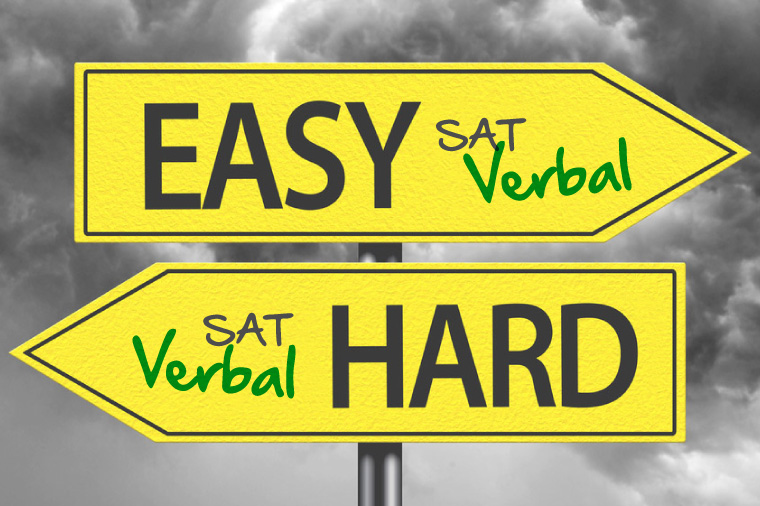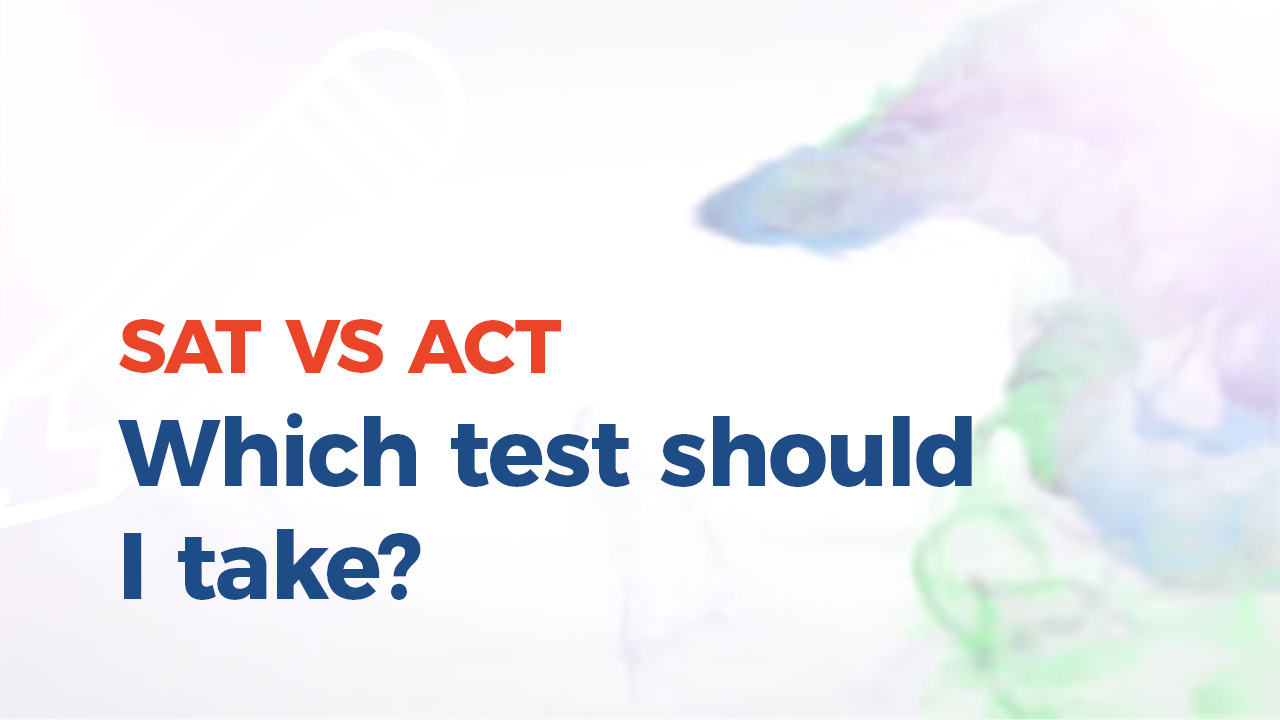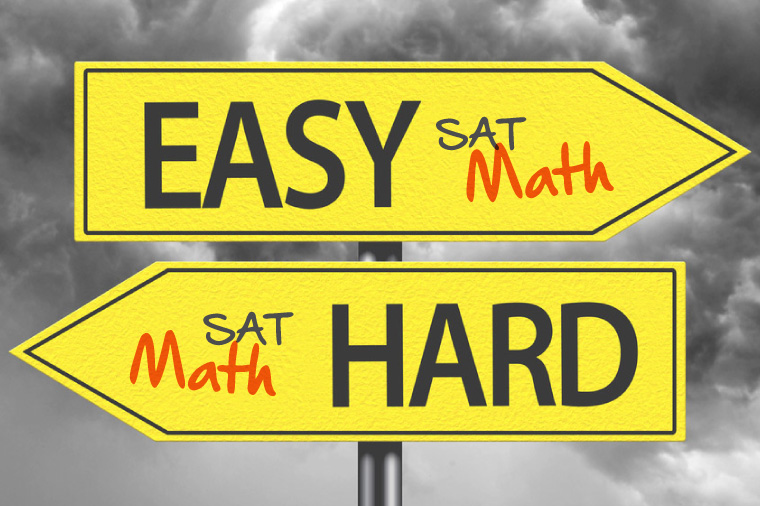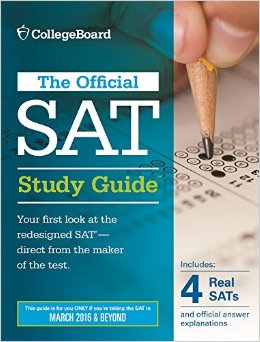The New SAT Verbal Easy or Hard?

The New SAT was released in March 2016, and since that time we’ve been answering lots of questions. Some of them are about the format of the new exam, some of them are about the content, but most of them are versions of this – is the New SAT easier than the old one? The simple answer is yes and no. The longer answer is that it really depends on your skill set, and you likely will not know until you sit down to study for the new version.
The reason for this change is because the new SAT lines up more closely with the Common Core nation-wide education standards, meaning that it is more closely aligned with the skills that students will need for their first year in college. As such, it should be a better indicator of how successful students will be in their freshmen-level courses and beyond. But what exactly is changing?
On the verbal side, the new test includes two different sections: a 65-minute Reading section and a 35-minute Writing and Language section. These two sections combined will be worth a total score of 800 – the two Math sections will also combine for a total of 800, meaning that new test is worth a score of 1600 rather than the previous 2400. Additionally, each question now has only four answers rather than five, and there is no penalty for choosing the wrong answer. That’s right – your chance of guessing the correct answer is now 25% with no penalty for guessing incorrectly. These changes are happening across the board, but there are also changes occurring within each section:
Reading
There are no more sentence completion questions, which is a relief to many people. These questions required students to learn complex vocabulary and then fill-in-the-blank with the correct word – oftentimes from a list of words that were completely unfamiliar to them. In the New SAT, there are five passages, with 10-11 questions per passage that ask students about what they just read. Some of these will be related to vocabulary in context, but most of them will focus on reading comprehension, identifying textual evidence, and data interpretation based on graphs and charts that relate to the passage. As such, learning vocabulary should no longer be a top priority – instead, students should focus on their reading comprehension skills and learning how to find textual evidence for their answers.
Writing and Language
In comparison to the previous SAT, which asked students about individual sentences, the questions in the new SAT are based on longer passages. Each question will focus either on grammar (punctuation, word choice, etc.) or on writing style (paragraph structure, logical argumentation, etc.) within the passage itself. Whereas the old SAT focused primarily on grammatical rules, this new section will ask more questions about writing style and stylistic choices within these passages.
So, to answer the question of whether or not the New SAT is easier than the previous version in relation to the verbal section, it really depends on each student’s set of skills. This new version includes quite a bit more reading, so students who are slow readers may have a more difficult time. However, for those who comprehend well but struggle to remember vocabulary definitions, the new version will likely be easier. And, because Math is now considered one-half of the test (800 of 1600 points) rather than one-third (800 of 2400 points), it will weigh more heavily on your score. If you struggle with math (especially without a calculator), this new exam may have a negative influence on your overall performance. By contrast, if math is your stronger subject, you should see an increase in your overall score.
The good news is that you have time to study. College admissions typically require that students submit their scores by the end of the fall semester prior to the year they intend to enroll. This means that students have months (or even a couple years if you start early) in order to prepare for the exam. The best thing you can do is to read – a lot – throughout your daily life. Work on your reading comprehension, your vocabulary knowledge (in context of the passage), and your understanding of grammar rules. Take multiple practice tests, become comfortable with the format of the exam, and remember that there is no penalty for guessing – you should answer every single question on this test.
If you’re struggling, consider a course or private tutoring session with Success Prep. We’ve been studying the New SAT since it was first announced, and we’re ready to help you succeed.





